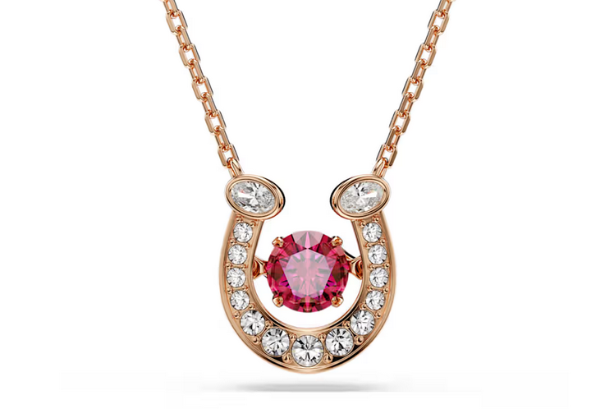In the stars: Living the life of Brian


Where is the center of the universe?
There isn't one.
Would you ever consider living on Mars?
No. I'd need some good restaurants. (laughs)
Should we be sending people to Mars?
There are two answers to that and it's quite political, of course. Space flight is expensive. And if you're interested purely in scientific research, then I think you can send a lot of robots, because you can get more of them.
But, it's also true that human capability is far in excess of robots, so we need that.
Most scientists would say they don't like space flights because it removes a lot of money from their activities.
On the second point, we're going to Mars because there is nowhere else to go. Not to the other planets, so we have to stay here, or if we go anywhere, to Mars.
But I think as a civilization, we may need to start thinking of going somewhere.
Have you written any children's books, or will you?
It's tremendously difficult to write books for children. A friend of mine, Oliver Jeffers, wrote a great children's book. Every single word and sentence has to be so precisely constructed; it's an art, a real art. I've written for newspapers - you would well understand - and you can have different allowable paragraph lengths, and sometimes the shortest sentences in a paragraph are the most difficult ones to write. I would love to write children's books, but it's a skill I don't have now.
You're a wine lover. Why not write a book on wine?
I'm a big fan of wine writer Jancis Robinson. For wine, I'm still on the learning curve. I started collecting it to drink, but I don't collect it as investment; it's more like a sort of exploration. I like learning curves, so music and wine and other subjects make for interesting diversions. I get bored every five or six years, so science is about the only constant thing. I love red wines, like Bordeaux, but as I've got older, I find they are less easy to drink. So I like white Burgundies, and I very much like chardonnay and champagnes, blanc de blancs. It's a bit niche though, the study of white Burgundy, to write a book about.
Are you more underwhelmed or overwhelmed by the public's general knowledge of science?
What's interesting is that the questions are very often the same ones I would ask. That's what we do with the show. We go straight to heart of the matter and take on very central questions - like why are we are, how did we get here and what should we be doing? And the answer is that we don't fully know, but we have a vague idea. I can talk about the edge of our knowledge and that raises the questions that we all ask. The important thing about science is that it shouldn't be separated from other aspects of human endeavor.
I think science can be described as a human reaction to nature, and that's the motivating factor. There's only one interesting question really, in my view, which is: What does it mean to be small, fragile and finite - to live a small, fragile and finite life in an infinite universe? That, ultimately, is the only question that I'm interested in.
Physics is like a rule book for the building blocks we encounter, compartmentalizing why and how things happen, and establishing reason and fact. But probability seems like the devil's advocate; it comes along and stirs it all up in ways that are unknowable and unanswerable. Isn't the very random nature of our existence here what makes our presence on Earth an ecstatic one to celebrate?
There's a sequence where I say exactly that in the show. Why is the Earth the way it is?
It's a very complex mixture of the simple laws of nature and chance, and separating the two is important if you're trying to think about our place in the universe. You have to understand there's a lot of chance involved, which we can't make sense of. It's just like blind chance. For example, the asteroid that wiped out the dinosaurs - had that flicked one speck of dust a different way in relation to the solar system, we might not have happened. We wouldn't be here. About one billion other things might not have happened, either. (laughs)
So you can't define a human being through the laws of nature, but you can extract from the laws of nature a framework that allows you to think. You're not allowed to stray outside it. For example, we do know we are very small. But there's nothing we can do about that. I struggle with that sometimes.




































